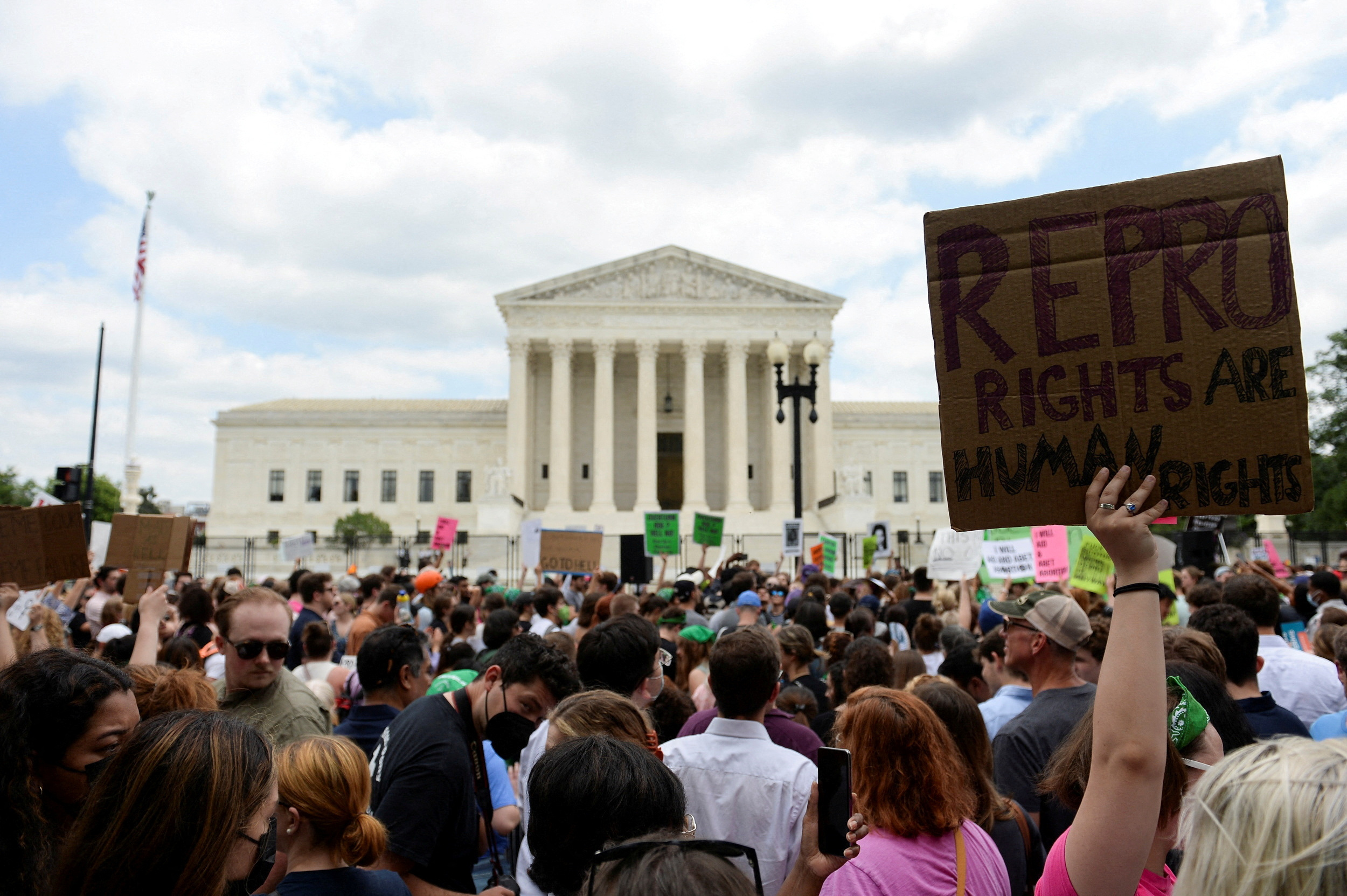
Matt Bush, FISM News
[elfsight_social_share_buttons id=”1″]
The House is set to vote on a bill called the “Respect for Marriage Act” that, on the surface, was created to protect same-sex and interracial marriages.
According to some critics and supporters alike, however, the reality of the situation is that this vote, along with votes scheduled on abortion rights and contraceptive coverage, is part of a Democratic political strategy.
NPR called the vote, “an election-year roll call that will force all lawmakers, Republicans and Democrats, to go on the record with their views on the high-profile social issue.”
The Respect for Marriage Act would amend the existing Defense of Marriage Act in a few important ways and essentially codify same-sex marriage into federal law. The Defense of Marriage Act was passed during the Clinton administration and defines marriage as a heterogeneous relationship between a man and a woman.
The move comes in opposition to the Supreme Court’s overturning of Roe v. Wade in the Dobbs ruling.
NPR stated the narrative that many other liberal organizations have voiced that Congress needs to work against the Supreme Court in light of the recent Dobbs ruling. “It’s also part of the legislative branch asserting its authority, pushing back against an aggressive court that appears intent on revisiting many settled U.S. laws,” the government-subsidized media outlet wrote.
Justice Clarence Thomas, in his concurring opinion written for the Dobbs case, said that the Supreme Court should reconsider other decisions involving a supposed constitutional right to privacy that in turn guarantees other rights. Two of those rights include same-sex marriage and access to contraceptives.
Just like in the case of abortion, Justice Thomas was not advocating for taking away either “right,” but was calling for more power to be returned to individual states.
The Respect of Marriage Act is expected to pass the House and will undoubtedly stall in a Senate that would need 10 Republican senators to vote for it to get past the filibuster.
Some people see the Respect for Marriage Act as something more than just a political stunt.
“It really should be the Disrespect for Marriage Act,” Quena Gonzalez, senior director of Government Affairs at the Family Research Council, stated.
Gonzalez pointed out that the bill simply says, “an individual shall be considered married if that individual’s marriage is valid in the state where the marriage was entered into.” That type of language does not even limit marriage to two partners, she said.
Democrats are framing the bill as a defense against an over-reaching and overly conservative Supreme Court. Rep. Mondaire Jones, D-N.Y., said, “The far-right Supreme Court is on a rampage against the freedoms of the American people.”
Many Republicans don’t believe these are the issues that really matter to Americans, and that Democrats are more interested in fear-mongering than the reality of the situation at hand.
“Wide open borders, massive inflation, economy hobbling to recession, and the Democrats choose to respond to Clarence Thomas’s concurrence by giving us a bill to codify gay marriage the day before we would vote on it with no hearing and no markup,” Rep. Chip Roy, R-Texas, said.
Sen. Ted Cruz recently stated that the decision reached in Obergefell v. Hodges in 2015 was “clearly wrong.” The Supreme Court ruling barred states from banning same-sex marriages, which Cruz said put federal restrictions on decisions that should be left to the state.
However, in his podcast The Verdict, Cruz said that the issue of gay marriage is much different than abortion as it does not deal with the issue of human life. He also said that overturning Obergefell at this point would be “chaotic.”
